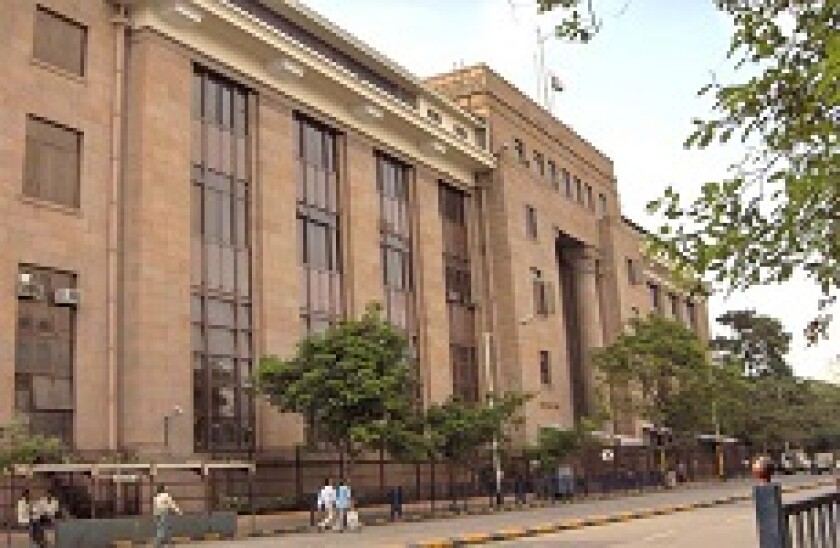India’s central bank revised guidelines last month for infrastructure companies raising debt overseas, permitting them to issue foreign currency denominated debt for a minimum tenor of five years. This was a shift from its ruling in November, when it said that such borrowers could only raise money for 10 years or longer in foreign currency or shorter-term funds only in the offshore rupee market.
In addition, non-banking financial companies (NBFCs) can also now raise foreign currency for a minimum of five years, as long as the end use is for financing infrastructure in the country.

While the changes are not revolutionary, what is interesting is that they come just four months after the original framework was published, at which time the RBI said that any review would only be initiated after a year.
Such rollbacks are not characteristic of the central bank, which tends to stick to its guns when it comes to regulating offshore borrowing. But in this case, the RBI appears to have been forced to admit it was wrong after feedback from the industry.
There are many reasons why the original rules were designed the way they were. Companies in India’s infrastructure sector do not have a natural hedge so face a currency mismatch when raising funds (non-rupee) in the offshore market. Moreover, project delays have led to local banks being saddled with non-performing loans.
Against this backdrop, it was only natural that the regulator wanted to dissuade infra companies from aggressively accessing foreign currencies in short tenors. That was its intention with the November guidelines, which appeared to nudge infra companies towards issuing offshore rupee-denominated (Masala) debt, with minimum average maturities of either three years or five years.
The rationale was to help infra companies better manage cash flows and urge banks to commit for longer tenors in foreign currency debt. A good idea but it was also doomed to fail.
Offshore investors are simply not prepared to take a long-term view on lending dollars to Indian infrastructure firms. And with the Masala market still at a nascent stage, offshore rupee debt is not really an option until some established Indian names set benchmarks.
In another sign that the RBI was not tuned into the market is the fact that there is effectively no market for 10 year foreign currency loans to Indian infrastructure companies, especially private ones. Even 10 year benchmarks for non-infra loans are a rarity.
In light of this, it makes sense that the RBI decided to modify the rules, with the condition that the new offshore fundraising options are open so long as companies fully hedge any debt raised — supporting its objective of containing exposure to foreign currency volatility.
The RBI’s rapid about-turn has been welcomed by those in the infra sector. Yes, as the central bank the RBI should have got it right in the first place. But the fact that it was not afraid to change tack and make amends has reinforced the market’s faith in the RBI as a regulator.

